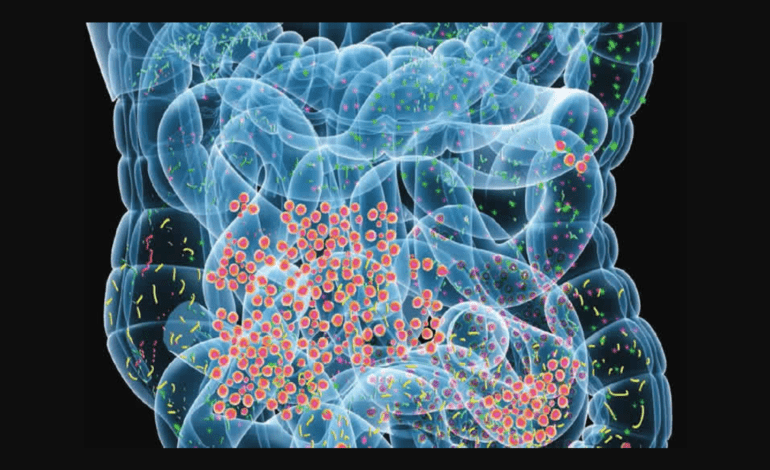
Gut bacteria under the microscope: Breakthrough links microbes to Multiple Sclerosis risk
By Dr. Avi Verma
In a major development that could shape future strategies for managing Multiple Sclerosis (MS), researchers have identified specific gut bacteria that appear to influence the onset and progression of this debilitating neurological condition. The new findings support the growing body of evidence that the trillions of microbes living in our digestive tract—collectively called the gut microbiome—play a pivotal role not just in digestion but in immune and nervous system health.
Twin study sheds light on microbial role in MS
A European research team, studying identical twins where one twin has MS and the other does not, has pinpointed two microbial strains found to be significantly more prevalent in individuals with MS. These strains, belonging to the Lachnospiraceae family, are now under scrutiny for their potential role in triggering immune dysfunction.
The bacteria, provisionally identified as Eisenbergiella tayi and a strain of Lachnoclostridium, were found to be correlated with increased inflammation and MS-like symptoms when introduced into laboratory mice that had been genetically modified to develop autoimmune conditions.
This is not the first time gut microbes have been linked to MS. However, what makes this study significant is the use of genetically identical twin pairs. This unique approach helped isolate environmental factors—such as differences in gut flora—from genetic predisposition. Such precision allows scientists to dig deeper into cause-and-effect relationships.
Mouse models confirm disease-related behavior
The researchers took fecal samples from both MS-affected and unaffected twins and transplanted them into mouse models engineered to be vulnerable to autoimmune attacks. The mice that received microbiota from MS-affected individuals displayed higher susceptibility to inflammation and nervous system dysfunction—key markers of multiple sclerosis.
The microbes identified appeared to influence the immune system in ways that may provoke it to attack the protective myelin sheath surrounding nerve fibers—a hallmark of MS.
Gut-brain axis: A critical pathway
This research adds to a growing field investigating the gut-brain axis—a bidirectional communication system between the gastrointestinal tract and the brain. Scientists believe that certain bacteria in the gut can produce neuroactive compounds or provoke immune responses that reach the brain and may contribute to neurological conditions like MS, Parkinson’s, and even depression.
One hypothesis gaining traction is that gut dysbiosis (an imbalance in microbial populations) may serve as an environmental trigger in genetically susceptible individuals.
Implications for prevention and treatment
The real-world impact of this research could be significant. If further studies confirm these findings, therapies targeting the gut microbiome—such as probiotics, dietary interventions, prebiotics, or even fecal microbiota transplantation (FMT)—could emerge as non-invasive treatment options to reduce MS risk or slow its progression.
Moreover, since MS currently has no cure, understanding modifiable environmental triggers such as diet and microbial composition becomes crucial. The new findings may also assist in early diagnosis or help identify individuals at higher risk.
Key takeaways for IndoUS Tribune readers
- A study of identical twins has identified two gut bacteria strains that may play a role in Multiple Sclerosis onset.
- These microbes may influence the immune system to attack the brain and spinal cord, a process seen in MS.
- The study used mouse models to test human gut bacteria and found links to MS-like symptoms.
- Gut health may be an important environmental factor in MS, opening new doors for treatment.
- Further research is needed, but the gut-brain connection offers promising ground for preventive care and intervention.
What can you do now?
While treatments targeting MS-specific gut bacteria are still in the research phase, individuals can begin prioritizing gut health through:
- A high-fiber, plant-based diet
- Minimizing processed foods and added sugars
- Incorporating probiotic-rich foods (yogurt, kefir, kimchi)
- Avoiding unnecessary antibiotics
- Staying physically active
As we uncover more about the inner universe of microbes that live within us, it’s increasingly clear: Your gut could be the key to your brain’s future health.
Disclaimer:
The information presented in this article is intended for educational and informational purposes only. It is not a substitute for professional medical advice, diagnosis, or treatment. Always consult your physician or a qualified healthcare provider with any questions you may have regarding a medical condition or before starting any new health-related regimen.